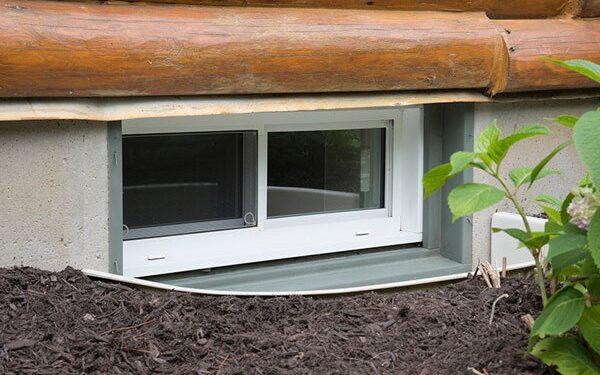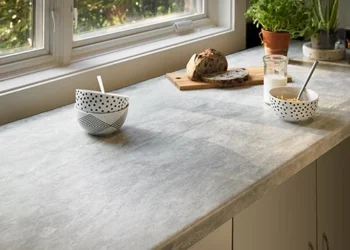Basements sometimes have a reputation of being dark and unwelcoming even though they have the potential to serve as functional, versatile spaces. The extra area in a lower level can accommodate various needs from storage and utilities to home offices, personal gyms, and additional bedrooms. In fact, recent trends show that new construction homes are moving away from formal living areas and towards multi-purpose flex spaces.
A basement is the perfect place to bring this trend to life. Basement windows often don’t receive the same attention as windows in other parts of the house, but they play a crucial role in your home’s ventilation, natural light, and overall aesthetics. Choosing the right material for basement windows is essential for ensuring durability, security, and energy efficiency. In this blog, we’ll explore the best materials for basement windows and provide tips on how to maintain them.
Also Read About A Comprehensive Guide to Window Replacement
Types of Basement Window Materials
Several materials are commonly used for basement windows, each with its own set of advantages and disadvantages. The most popular materials include vinyl, fiberglass, wood, and aluminum. Let’s take a closer look at each one.
Vinyl Windows
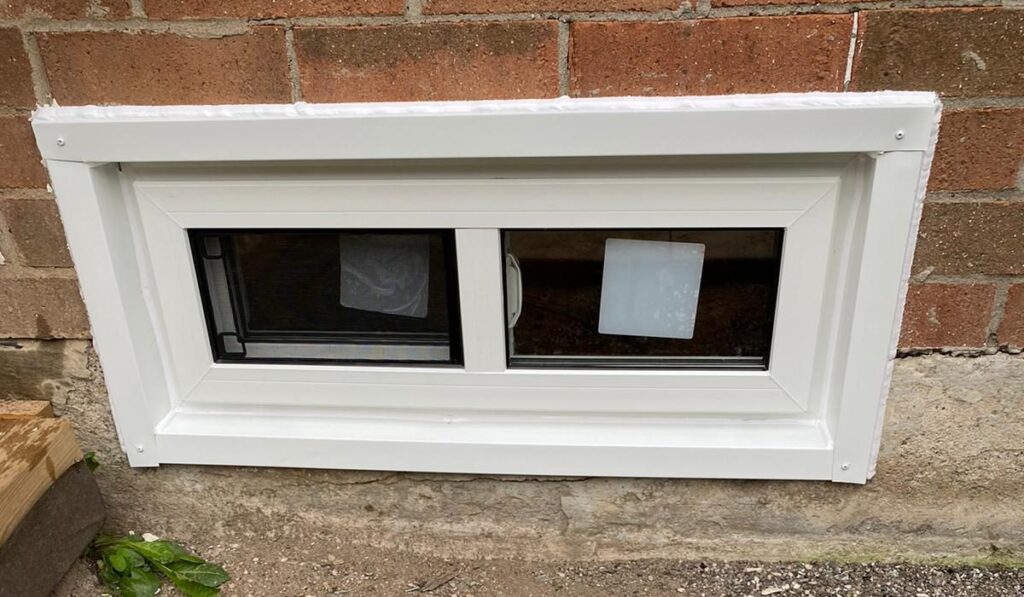
Vinyl windows have become a popular choice for homeowners due to their affordability and low maintenance requirements. Made from polyvinyl chloride (PVC), these windows are resistant to rotting, warping, and insect damage, making them a durable option for basement installations. Vinyl windows are also energy efficient, providing good insulation that helps keep your basement warm in the winter and cool in the summer, which can lead to lower energy bills.
Despite their many advantages, vinyl windows have some limitations, including a lack of strength compared to other materials and a tendency to crack over time. Additionally, they cannot be painted, which may restrict your design options. However, for those seeking a cost-effective and easy-to-maintain solution, vinyl windows remain a top contender.
Pros:
- Affordability: Vinyl windows are generally the most cost-effective option, making them a popular choice for homeowners on a budget.
- Low Maintenance: Vinyl is resistant to rotting, warping, and insects. It requires minimal maintenance, usually just a simple cleaning with soap and water.
- Energy Efficiency: Vinyl windows provide good insulation, helping to keep your basement warm in the winter and cool in the summer.
Cons:
- Durability: While vinyl windows are durable, they are not as strong as some other materials and can be prone to cracking over time.
- Aesthetic Limitations: Vinyl windows come in a variety of colors, but they cannot be painted, which may limit your design options.
Fiberglass Windows
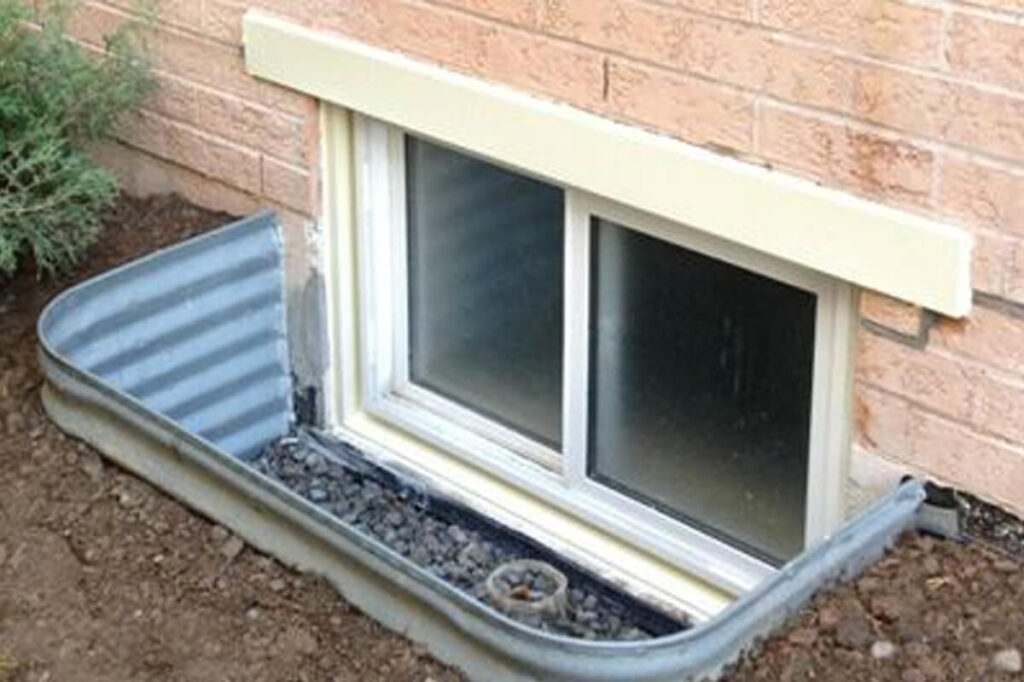
Fiberglass windows are a popular choice for homeowners due to their exceptional strength and durability. Unlike other materials, fiberglass resists warping, swelling, and shrinking, even in extreme weather conditions, ensuring long-lasting performance.
These windows offer excellent insulation properties, making them highly energy-efficient and capable of reducing heating and cooling costs. Additionally, fiberglass windows are aesthetically versatile, as they can be painted to match any home décor, providing both beauty and functionality. Although they are more expensive than vinyl and aluminum options, the investment in fiberglass windows often pays off with their superior longevity and minimal maintenance requirements.
Pros:
- Strength and Durability: Fiberglass is one of the strongest materials available for windows. It resists warping, swelling, and shrinking, even in extreme temperatures.
- Energy Efficiency: Fiberglass windows offer excellent insulation, contributing to lower energy bills.
- Aesthetic Versatility: These windows can be painted to match your home’s décor.
Cons:
- Cost: Fiberglass windows tend to be more expensive than vinyl and aluminum options.
- Availability: They are not as widely available as vinyl or aluminum windows, which might limit your choices.
Wood Windows
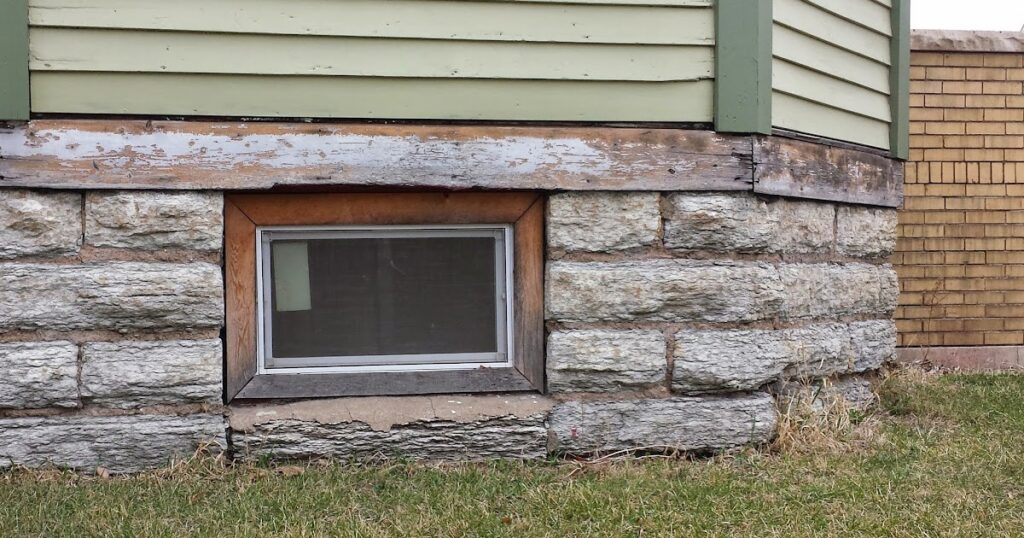
Wood windows offer a timeless and classic aesthetic that can significantly enhance the beauty of any home. Renowned for their natural insulating properties, wood windows provide excellent energy efficiency, helping to keep your home warm in the winter and cool in the summer. They can be painted or stained to match any décor, offering great versatility in design.
However, wood windows require regular maintenance, including painting or staining and sealing, to protect them from rot, insect damage, and weathering. Despite the higher initial cost and upkeep, many homeowners appreciate the unparalleled charm and warmth that wood windows bring to their living spaces.
Pros:
- Aesthetics: Wood windows provide a classic, timeless look that can enhance the beauty of any home. They can be painted or stained to match your interior design.
- Insulation: Wood is a natural insulator, which can help with energy efficiency.
Cons:
- Maintenance: Wood windows require regular maintenance, including painting or staining and sealing to prevent rot, insect damage, and weathering.
- Cost: Wood windows are typically more expensive than vinyl or aluminum.
Aluminum Windows
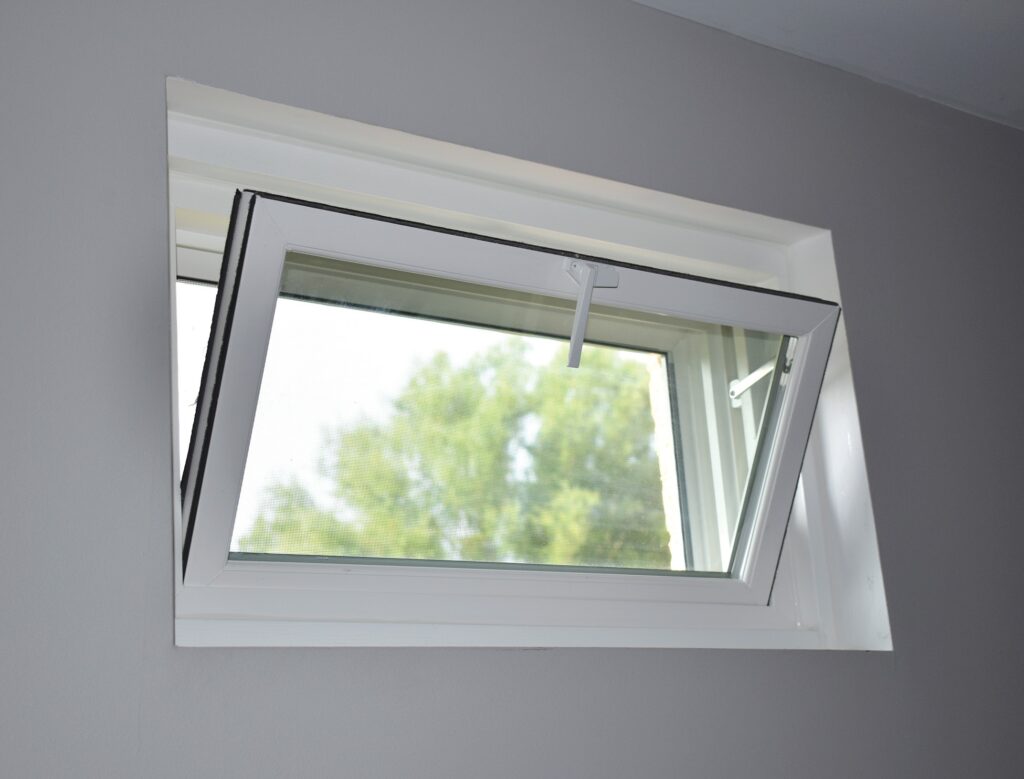
Aluminum windows are a popular choice for homeowners seeking strength and durability. These windows are known for their robust construction, capable of withstanding harsh weather conditions without warping or rusting. Their sleek, modern design offers a contemporary aesthetic, characterized by thinner frames that allow for larger glass panes and unobstructed views.
While aluminum windows require minimal maintenance, they are less energy-efficient than other materials, as they can conduct heat and cold, potentially leading to higher energy costs. However, their long-lasting nature and low upkeep make them an attractive option for many, especially those prioritizing durability and a modern look.
Pros:
- Strength and Durability: Aluminum is a strong, lightweight material that can withstand harsh weather conditions.
- Low Maintenance: Aluminum windows require minimal upkeep and do not rust.
- Sleek Design: These windows offer a modern, sleek appearance with thinner frames that allow for more glass and better views.
Cons:
- Energy Efficiency: Aluminum windows are not as energy-efficient as other materials. They can conduct heat and cold, leading to higher energy costs.
- Condensation: Aluminum windows can be prone to condensation, which can lead to mold and mildew problems if not properly managed.
Choosing the Best Material
When selecting the best material for your basement windows, consider the following factors:
Budget
When selecting the best material for your basement windows, budget plays a crucial role. Vinyl windows are generally the most cost-effective option, making them a popular choice for homeowners looking to save money while still achieving good performance.
Fiberglass and aluminum windows, while more durable and offering different aesthetic benefits, come at a higher price point. Wood windows, known for their timeless beauty and excellent insulation properties, are typically the most expensive option. It’s important to balance your budget with your desired features and maintenance capabilities, ensuring you invest in a material that meets both your financial constraints and your long-term needs.
Maintenance
When selecting the best material for your basement windows, maintenance is a crucial factor to consider. Each material requires a different level of upkeep to ensure longevity and optimal performance. Vinyl windows are popular for their low maintenance needs, requiring just occasional cleaning with soap and water.
Fiberglass windows also demand minimal upkeep, with the added benefit of being paintable to maintain their appearance. On the other hand, wood windows, while aesthetically pleasing, necessitate regular painting or staining and sealing to protect against rot and insect damage. Aluminum windows are easy to maintain but may need periodic checks for condensation issues. Ultimately, your choice should align with how much time and effort you are willing to invest in maintaining your windows’ condition and appearance.
Aesthetics
When considering the aesthetics of your basement windows, it’s important to choose a material that complements the overall style and décor of your home. Wood windows offer a timeless, classic look that can be painted or stained to match your interior design, adding a touch of elegance and warmth. Vinyl windows, while more limited in color options, provide a clean and contemporary appearance that works well in modern settings.
Fiberglass windows offer versatility in aesthetics as they can be painted any color, allowing for seamless integration with your home’s design scheme. Aluminum windows, with their sleek, thin frames, provide a modern, minimalist look that maximizes the glass area, offering unobstructed views and a sophisticated finish. Each material has unique aesthetic qualities, so selecting one that aligns with your home’s style can enhance both its interior and exterior appeal.
Energy Efficiency
When selecting the best material for your basement windows, energy efficiency is a critical factor to consider. Energy-efficient windows help to regulate the temperature in your home, reducing the need for heating and cooling and ultimately lowering your energy bills. Vinyl and fiberglass windows are particularly noted for their superior insulation properties.
Vinyl windows have multi-chambered frames that trap air and reduce heat transfer, while fiberglass windows have a low thermal expansion rate, maintaining their integrity and insulation over time. Although wood windows also offer excellent insulation, they require regular maintenance to prevent rot and decay, which can compromise their energy efficiency. Aluminum windows, while strong and durable, are less effective at insulating due to their high thermal conductivity. Choosing energy-efficient basement windows not only enhances comfort but also contributes to a more sustainable and cost-effective home.
Taking Care of Your Basement Windows
Proper maintenance is key to extending the life of your basement windows and ensuring they continue to perform well. Here are some tips for taking care of your basement windows:
1. Regular Cleaning
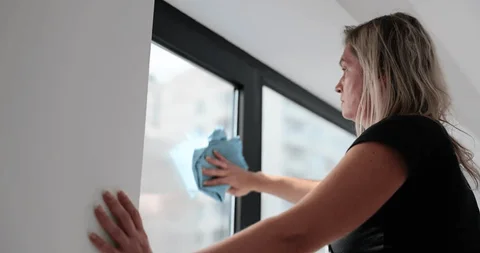
Keep your basement windows clean by washing them regularly with a mild soap and water solution. Avoid harsh chemicals that can damage the frames and glass. Clean both the interior and exterior surfaces to maintain a clear view and prevent dirt buildup.
2. Inspect for Damage
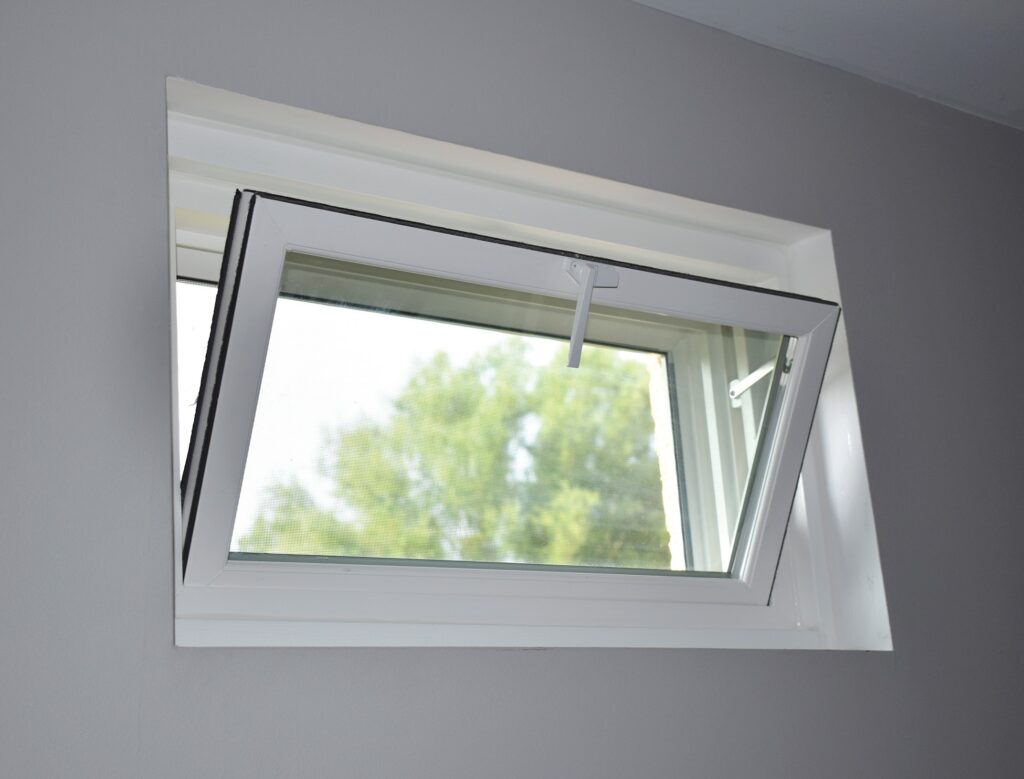
Regularly inspect your windows for signs of damage, such as cracks, warping, or gaps in the seals. Address any issues promptly to prevent further damage and maintain energy efficiency.
3. Check for Leaks
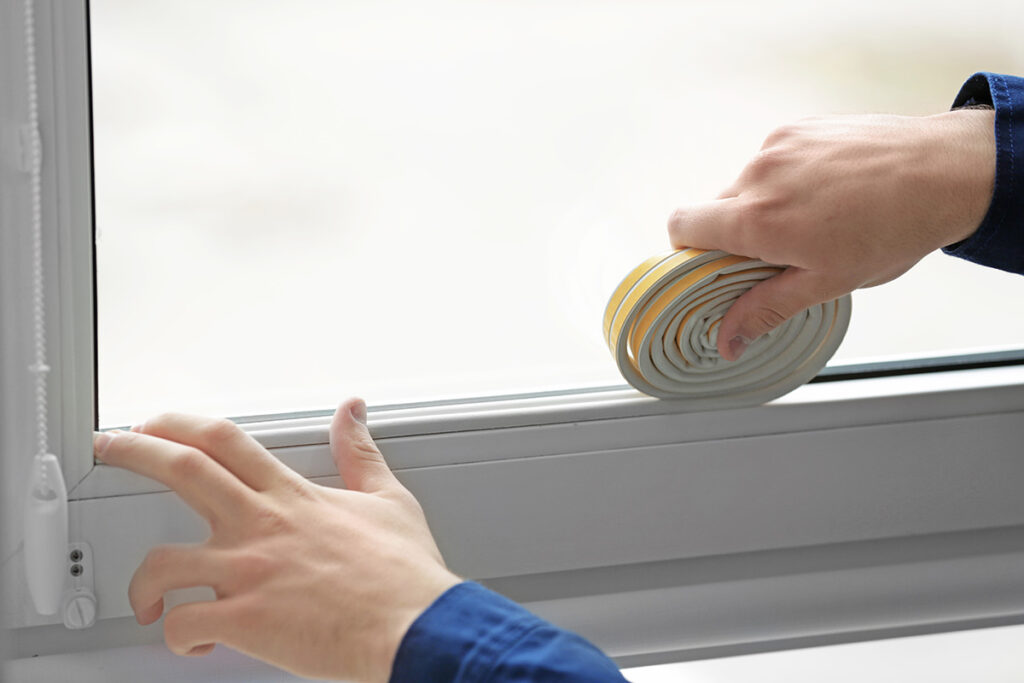
Basement windows are particularly susceptible to leaks due to their location. Check for water infiltration after heavy rains and ensure the seals around the windows are intact. If you notice any leaks, repair them immediately to prevent water damage and mold growth.
4. Maintain Caulking and Seals
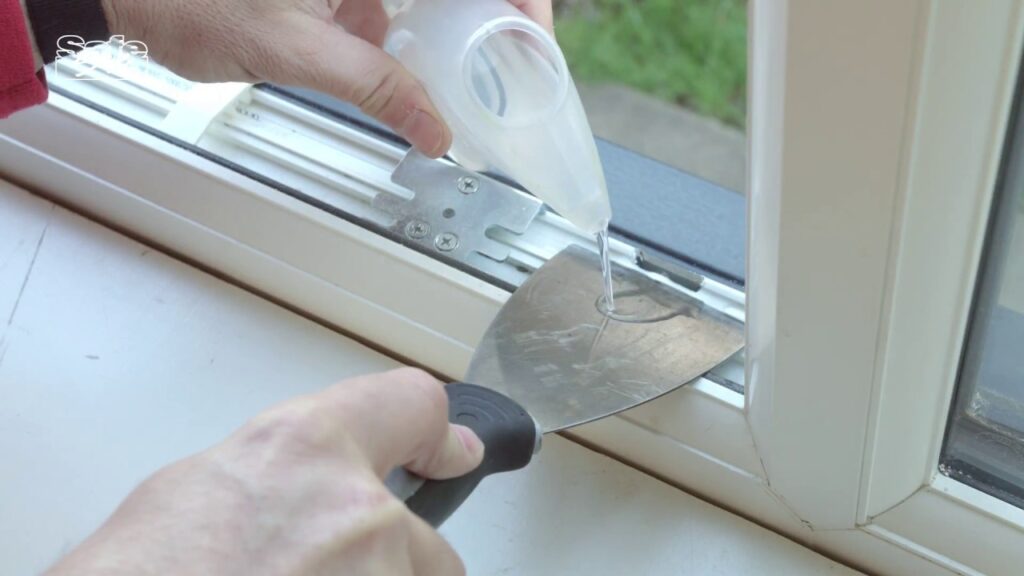
Over time, the caulking and seals around your windows can deteriorate. Inspect these areas periodically and reapply caulk or replace seals as needed to maintain a tight, weatherproof seal.
5. Lubricate Moving Parts
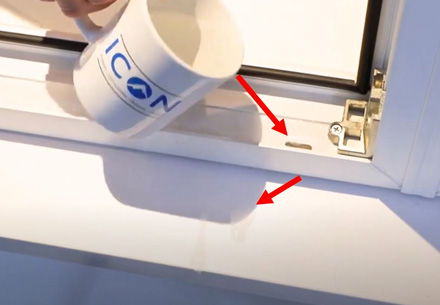
If your basement windows have moving parts, such as hinges or tracks, lubricate them regularly to ensure smooth operation. Use a silicone-based lubricant to avoid attracting dust and dirt.
6. Address Condensation
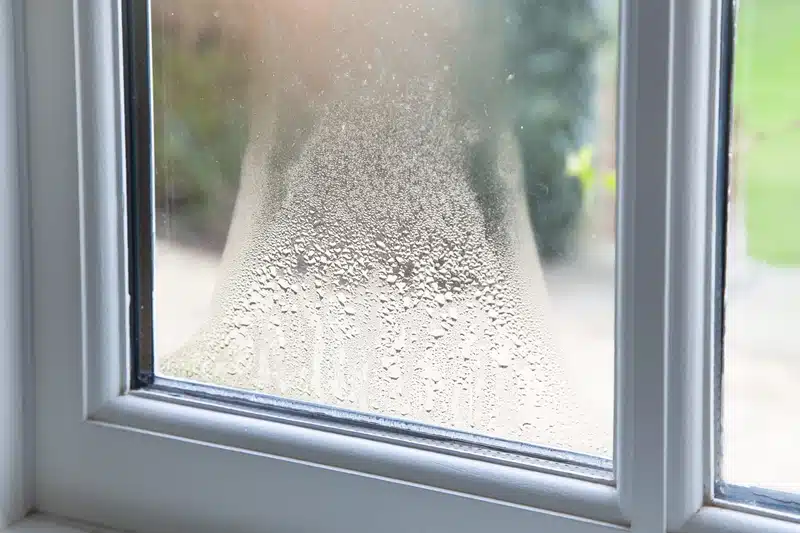
Condensation can be a common issue with basement windows, particularly with aluminum frames. Use a dehumidifier in your basement to reduce moisture levels and prevent condensation buildup on your windows.
7. Protect from Extreme Weather
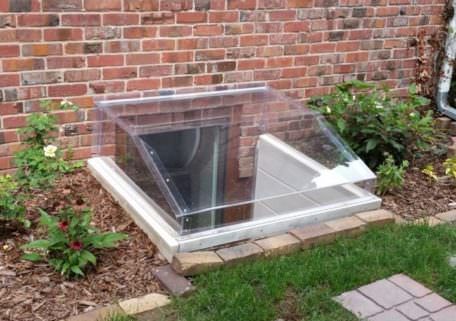
If you live in an area with extreme weather conditions, consider installing storm windows or window wells to provide additional protection for your basement windows. These measures can help prevent damage from heavy rain, snow, and wind.
Conclusion
Choosing the best material for your basement windows is an important decision that can impact the comfort, energy efficiency, and appearance of your home. Vinyl, fiberglass, wood, and aluminum each have their own advantages and disadvantages, so consider your budget, maintenance preferences, and aesthetic goals when making your selection. Additionally, regular maintenance is essential to keep your basement windows in good condition and ensure they last for many years. By taking the time to care for your basement windows, you can enjoy a brighter, more comfortable living space in your home.

